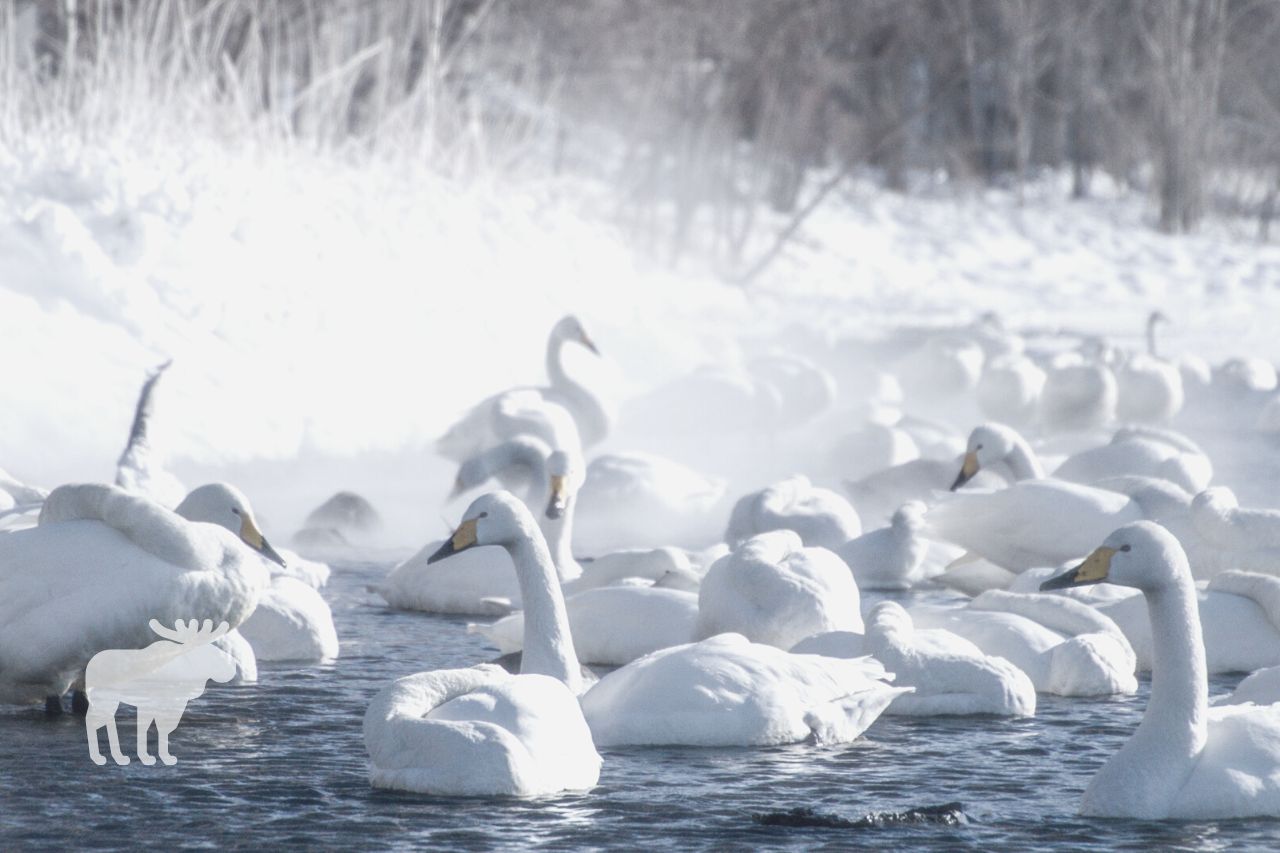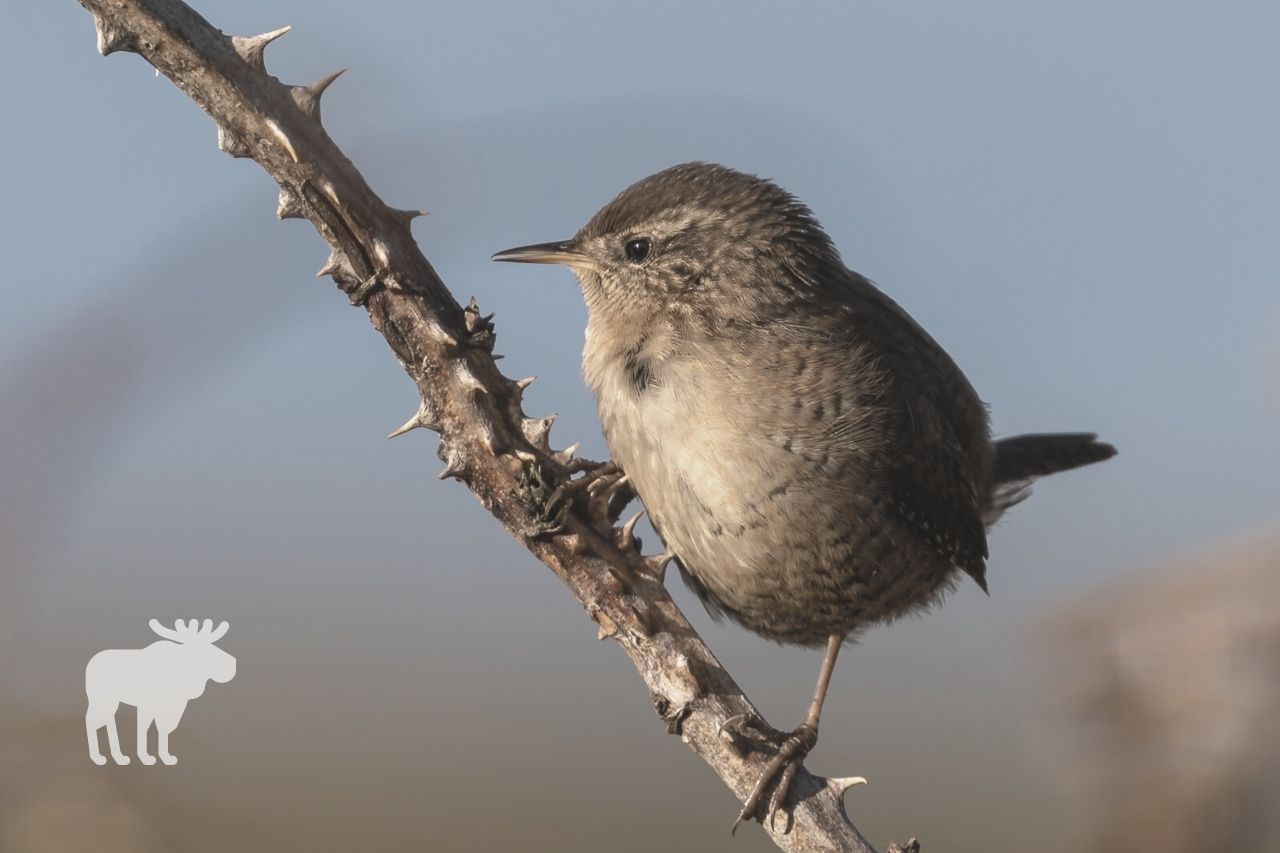How To Attract Barn Swallows?
Did you know that barn swallows can eat as much as 60 insects per hour? Talk about a voracious appetite! If you’d like to have some of this natural pest control find its way to your property, read on to learn all about how to attract barn swallows. How to Attract Barn Swallows to Your … Read more









